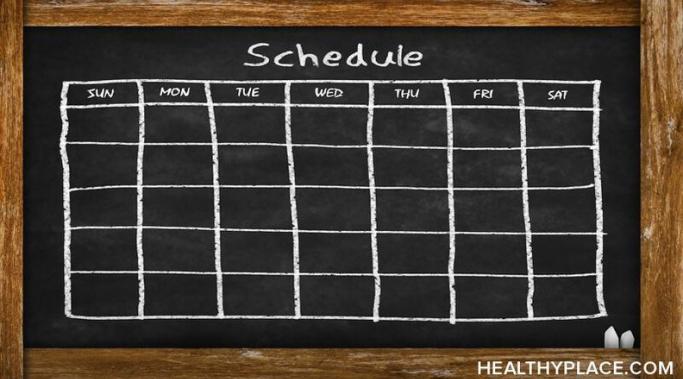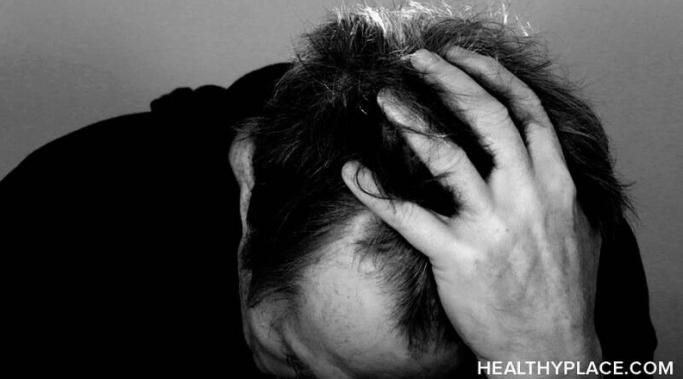Bipolar disorder, by its very nature, is not routine. People become manic unexpectedly and people get depressed unexpectedly. And during depression or mania, people become even more erratic in all areas of their lives.
So if bipolar disorder exists outside of a routine, what would happen if routine were applied to bipolar disorder?
Impact of Bipolar
I feel, sometimes, that I am at war with the mentally-well world. This isn’t to say that many of them aren’t lovely or that I have a desire to harm anyone, but I do feel embroiled. And it’s mostly because the well population just doesn’t understand what it is to be unwell. They demonstrate this heartily by repeatedly saying the worst things possible to a person with a mental illness.
Recently I was contacted by someone (let’s call her Ms. X) who wanted to end a friendship with a bipolar person and asked me how to do it with the least harm possible. I talked with Ms. X and it appears that her bipolar friend had been doing some very hurtful things. I asked Ms. X if she had talked to her friend about these things. Ms. X said that no, she hadn’t.
So why is terminating a friendship preferable to talking about the problem?
Bipolar disorder is episodic. This means that a person with bipolar disorder will experience episodes of depression and mania (or hypomania). And even when a person is relatively stable, thanks to successful bipolar treatment or just plain luck, it is likely they will still experience a depressive episode at some point in the future.
But how do you know if you’re heading into a depression?
On Monday, I talked about what to do if you’ve just been diagnosed with bipolar disorder, and if you’ve read that piece then you know, I recommended a lot of breathing and thinking. I notably did not suggest decision-making.
Well, you can’t live in a yoga studio forever.
When most of us were young we learned that life isn’t fair. Yes, that boy got a bigger slice of cake than you. Yes, that girl gets better grades than you even though she doesn’t study. Yes, that’s boy’s imaginary friend’s clothes are nicer than yours. Life isn’t fair.
But when I was diagnosed with bipolar at 20, my definition of “unfair” had to be reviewed.
I can feel suicide flicking at the edges of my consciousness.
This morning I woke up wanting to die. Before my eyelids fluttered and my logic circuits sparked I knew it was going to be a horrible day.



